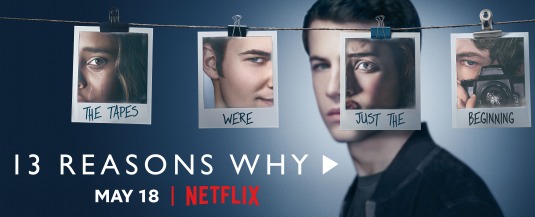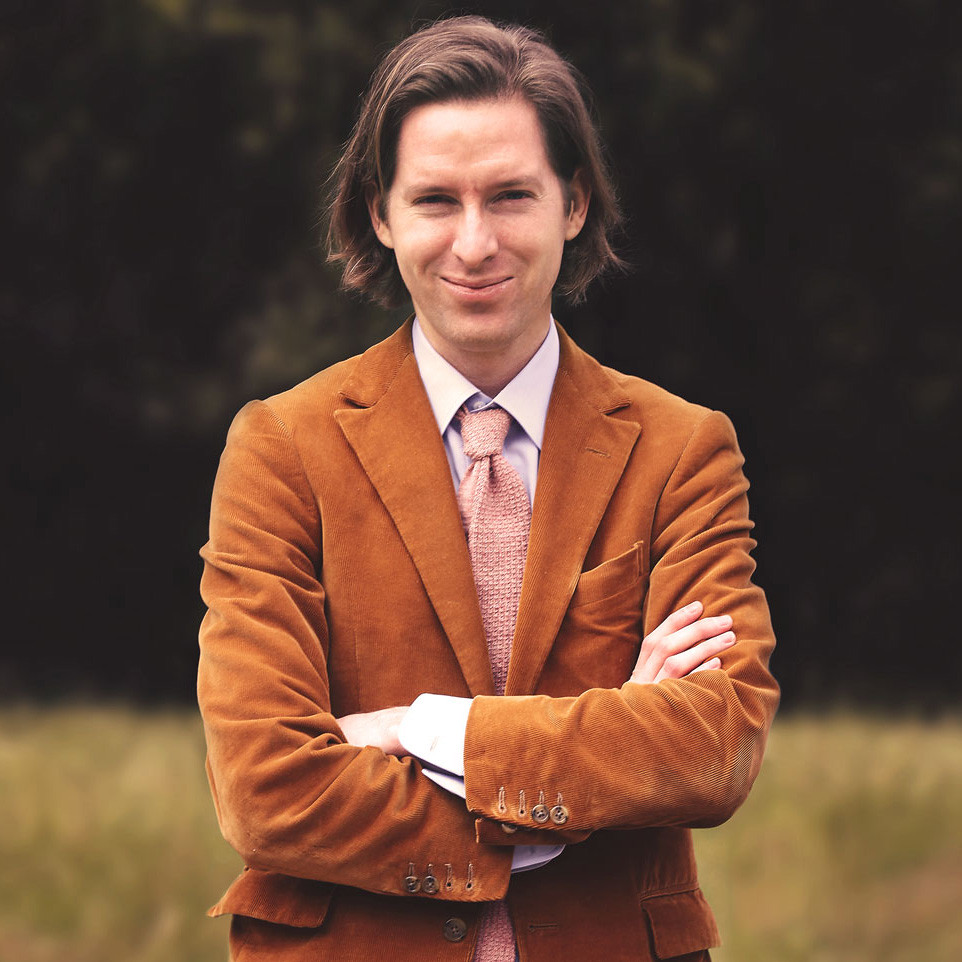Why “13 Reasons Why” fails to be a progressive show

Poster design by Size Matters
May 18, 2018
Netflix’s original drama, “13 Reasons Why,” has been controversial since its initial release in March of last year. Some viewers have praised the show, saying it opened a door to necessary conversations about suicide and consequences of one’s actions, while others have argued that the show does little to facilitate a healthy discussion. With the second season rolling today, it is important to recognize the faults of the show before we all inevitably binge the new episodes.
In terms of staying true to the source material, this show does the bare minimum.
“13 Reasons Why” uses a loose interpretation of the beloved novel, and reworks the carefully refined characters from the book into one dimensional life so that they fit the cheesy drama of the show. Originally, the book was a interesting criticism of high school life and discussion of how one’s actions can impact another’s life, but the show skims over this topic to instead pack in as many party scenes as possible. Since the second season will revolve around the events after Hannah’s tape has circulated, it will be interesting to see how this show chooses to relate to the source material.
The show leaves viewers without resources or representation of positive actions.
In the show, Hannah commits suicide as a sort of revenge for the cruelty of her classmates. Though her classmates’ actions may have been deplorable, they are not ultimately responsible for her death. “13 Reasons Why” tells its audience that Hannah got the last laugh through her decision, rather than setting good examples for ways to reach out and deal with these feelings in a positive manner. The show is basically a giant example of what not to do, and represents all of Hannah’s attempts to seek help as hopeless. Instead of teaching teens that there is no hope to make positive changes in their lives, the second season needs to provide more representation of suicide prevention instead of romanticizing the issue.
It’s hard to root for any of the characters.
All of the characters in this show seem to be villains, and not good ones at that. “13 Reasons Why” tried to bring life to some of these side characters, like placing Justin in an abusive home or developing the struggle of Courtney to accept her sexuality, but produced thin, choppy story lines that somehow tried to justify the terrible behavior of the teens. I didn’t find myself rooting for anyone; rather, I found myself judging their decisions and remaking how stupid all their characters were. (What teenager has 10 tattoos?) In the next season, the show needs a smoother delivery of developed side characters, especially considering the focus of this season will shift their takes on the aftermath.
Though the show has many faults, there is still something intriguing about its premise. In order for the show to fulfill its marketing as encouraging healthy conversation, “13 Reasons Why” needs to make some major changes. Hopefully this season will be better than the last, even though the bar isn’t set that high.






